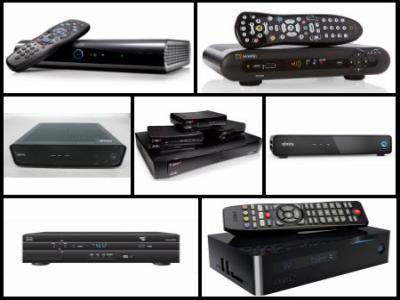Roku to Wheeler: HTML5 Shouldn't Be De Facto Standard
The smarter way to stay on top of the multichannel video marketplace. Sign up below.
You are now subscribed
Your newsletter sign-up was successful

Click here for more coverage of the FCC's set-top plan
WASHINGTON — Video-streaming device maker Roku has concerns about the FCC’s plan to unlock set-top boxes, but it also has issues with the cable industry's box-ditching, apps-based plan.
In meetings with top aides to Federal Communications Commission chairman Tom Wheeler about the National Cable & Telecommunications Association’s app-based proposal, the company said, “While Roku continues to believe that the commission’s current set-top box rulemaking efforts could be counterproductive,” it is concerned that the cable alternative would create HTML5 as the de facto video distribution standard.
“Such an approach would be ill-advised given that consumers have clearly demonstrated their preference of an array of devices with diverse user experiences,” the company said.
FCC staffers vetting the MVPD proposal have suggested that HTML5 “may be an appropriate platform for app developers to provide access to content.”
But Roku has little good to say about HTML5, at least as a potential standard: “HTML5 is a bulky and expensive architecture that would require third-party device manufacturers to include additional processing power and memory to support it, even in their lowest-priced device.”
The device maker says that whatever the FCC decides to do about promoting a competitive market for third-party video access devices, it should gave these features:
The smarter way to stay on top of the multichannel video marketplace. Sign up below.
Multiple apps: If the FCC takes an apps-based approach, it should not make HTML5 the preferred or mandated option, but require MVPDs to support any widely deployed platform.
No third-party in-app development: The FCC should not allow MVPDs to support third-party app development within MVPD app, which it says would defeat the purpose of promoting third parties as competitors. “MVPDs should remain free to offer other apps that provide access to third-party apps, but such apps would not satisfy the Commission’s set-top box requirement,” Roku said.
Direct delivery: MVPDs should be required to support content provider apps “that deliver content directly to users who are paying for such content as part of an MVPD’s programming package,” along the lines of the TV Everywhere model but with a more seamless form of authentication, the company said.
Metadata: Make sure MVPDs provide "rich" metadata for searching and browsing.
Nondiscrimination: The FCC should adopt a general non-discrimination standard to ensure MVPDs can't adopt practices that make a user’s experience on a third-party navigation device different from that of their own.
Disputes: Create a streamlined process for enforcement and resolving disputes over whether MVPDs are actually supporting the third-party platforms the FCC is trying to promote.
Contributing editor John Eggerton has been an editor and/or writer on media regulation, legislation and policy for over four decades, including covering the FCC, FTC, Congress, the major media trade associations, and the federal courts. In addition to Multichannel News and Broadcasting + Cable, his work has appeared in Radio World, TV Technology, TV Fax, This Week in Consumer Electronics, Variety and the Encyclopedia Britannica.

